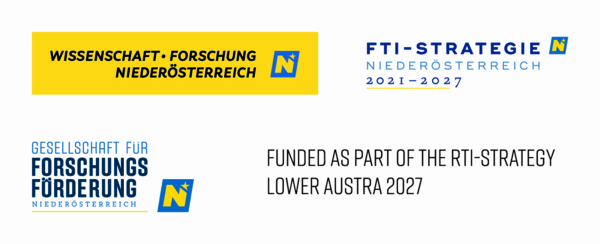Developing an Open-Source Virtual Reality for improving treatment of Freezing of Gait.
Background
Parkinson’s disease (PD) ranks as the second most common neurodegenerative disorder globally, primarily affecting individuals aged 60 and above. Approximately 27% of those in the early stages of PD and 70% in the moderate to advanced stages experience Freezing of Gait (FOG). FOG is a condition where individuals, despite intending to walk, are temporarily unable to take steps which results in an inability to walk forward. This can result in hazardous falls. Overall, FOG impedes mobility, undermines safety, and heightens the risk of fall-related injuries. Consequently, therapeutic interventions are urgently needed.
Project Content
Researchers and therapists face considerable obstacles in developing treatments that can improve the lives of those suffering from FOG. More precisely, a great variety of triggers can elicit FOG episodes and this makes it difficult to examine FOG in clinical and research settings. Freezing usually occurs when walking through narrow spaces, turning, dual-tasking, gait initiation, approaching a destination, experiencing heightened emotional states (anxiety and stress), or under time constraints. Although these triggers are well-known, researchers and therapists struggle identifying good countermeasures. One of the key reasons for this is the difficulty of reliably eliciting FOG in controlled environments, which hinders efforts to design effective treatments. Advances in virtual reality (VR) technologies, however, open the door to overcoming such limitations. They allow for simulating a variety of FOG triggers in virtual environments. To be truly effective in research and treatment such VR protocols must not only yield reliable results, but also be freely and easily accessible to a diverse spectrum of professionals in this field.
Goals & Outcomes
- The primary aim of this project is to develop an open-source VR environment capable of simulating various triggers that cause FOG in people with Parkinson’s Disease. The result is the development of a valid and open-source VR toolbox that is freely available to the scientific and clinical communities world-wide.
- The secondary aim is to evaluate the VR-FOG environment with two independent samples of participants suffering from FOG. The first sample is to be collected in collaboration with the Karl Landsteiner University (KLU) at the St. Pölten University of Applied Sciences (FHSTP). The second sample is taken at the University of Exeter (UK). Validating the developed VR-FOG protocol using this second sample helps to ensure that the VR-FOG environment functions properly and reliably.
- The project also expands fundamental knowledge in several fields including biomechanics, motor control, neuroscience, computer science, and psychology. Additionally, it pushes the Austrian healthcare system toward digitalization to ameliorate the negative effects of long-standing health issues through technological innovations.
Methods
In this project, we develop an open-source VR environment capable of simulating a wide range of triggers suspected to cause FOG in individuals with Parkinson's Disease. Traditional methods using triggers such as Turning-and-Barrier Course and Stepping-in-Place fail to induce forward walking and are challenging to use with motion capture systems. In contrast, VR offers immersive simulations of FOG triggers, promising safer and more comprehensive studies. Current VR protocols rely on surrogate gait tasks and utilize only a limited number of triggers, impeding a comprehensive understanding of the phenomenon. In this project, we address these limitations by expanding the variety of FOG triggers combined with normal walking. Specifically, we create a virtual hallway where each participant encounters a randomized selection of several triggers. A validation study compares FOG occurrence during baseline walking, VR without triggers, and the developed VR-FOG environment. This allows us to isolate actual effects and helps to validate the VR-environment’s effectiveness for both research and clinical purposes.
You want to know more? Feel free to ask.
Center for Digital Health and Social Innovation
Yuri Russo
Julie Nantel
- Karl Landsteiner Privatuniversität für Gesundheitswissenschaften
- University of Exeter [England]
- University of Ottawa [Kanada]


